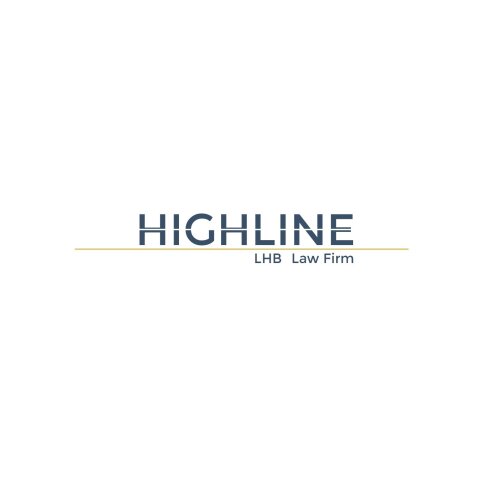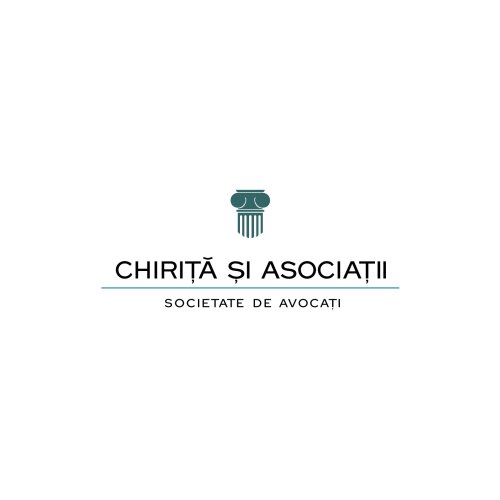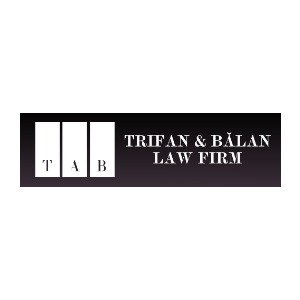Best Employment Rights Lawyers in Cluj-Napoca
Share your needs with us, get contacted by law firms.
Free. Takes 2 min.
List of the best lawyers in Cluj-Napoca, Romania
About Employment Rights Law in Cluj-Napoca, Romania
Employment Rights Law in Cluj-Napoca, Romania, is governed by various legal documents including the Romanian Labour Code (Codul Muncii), collective labour agreements, as well as local acts and decrees. These laws provide protection and guidelines for both employers and employees. Subjects covered include working hours, minimum wage, holidays and rest periods, termination of employment and collective labour agreements.
Why You May Need a Lawyer
You may need a lawyer for a variety of reasons in the sphere of Employment Rights. If you are an employee, you may need legal representation if you are experiencing workplace discrimination, unfair termination, issues with compensation, or harassment. As an employer, you may need legal counsel for disputes regarding breaches of employment contracts, employment discrimination claims, and understanding your legal requirements toward your employees.
Local Laws Overview
The fundamental law governing employment in Romania is the Romanian Labour Code, which applies uniformly throughout the country, including Cluj-Napoca. Important aspects of this code outline the maximum weekly work hours (40 hours), minimum wage provisions, health and safety regulations, and rights regarding maternity leave and care. Another key document is the General Union Collective Agreement that specifies more rights for employees such as the amount of annual leave and extra pay for night shifts or hazardous conditions. Employees have the right to form and join trade unions and have representation in disputes with employers.
Frequently Asked Questions
What are the laws on termination of employment in Cluj-Napoca?
In Romania, both an employer and employee can terminate an employment contract, albeit with certain conditions and notices. Employers, for instance, need valid reasons to dismiss an employee such as disciplinary actions or structural changes.
What are my rights if I experience discrimination in the workplace?
Romanian law strictly prohibits discrimination in the workplace Whether it be on grounds of religion, nationality, race, gender, sexuality, or disability. If you believe you have been discriminated against, consult with a legal professional as you may be entitled to pursue a claim.
What are my rights regarding maternity leave?
Maternity rights in Romania grant women the right to a total of two years maternity leave, or one year with additional monthly allowances for the next year. Expectant mothers are also protected from termination during pregnancy and maternity leave.
Are there restrictions on my working hours?
The standard work week in Romania is 40 hours, spread over 5 days. Any additional work is considered overtime and should be compensated accordingly. Rest periods, weekend rest, and vacation are also rights protected by labor laws.
What minimum wage can I expect?
The minimum wage is set at a national level and applies uniformly throughout Romania, including Cluj-Napoca. The current gross minimum wage is 2,230 RON per month for a full-time schedule of 167.333 average number of hours per month.
Additional Resources
The government bodies responsible for employment oversight in Romania are the Ministry of Labour and Social Protection and the National Agency for Employment. Both of these institutions provide detailed information on their respective websites. The National Institute for Research and Development in Labour Protection also provides useful resources concerning safety standards at workplaces.
Next Steps
If you need legal assistance in Employment Rights, your best course of action is to seek legal counsel experienced in this area. They will be able to guide you through the specifics of your situation and help you to understand, assert, and protect your rights. It's ideal to bring any relevant documents, such as employment contracts, communication records or testimonies related to your issue, to your initial consultation.
Lawzana helps you find the best lawyers and law firms in Cluj-Napoca through a curated and pre-screened list of qualified legal professionals. Our platform offers rankings and detailed profiles of attorneys and law firms, allowing you to compare based on practice areas, including Employment Rights, experience, and client feedback.
Each profile includes a description of the firm's areas of practice, client reviews, team members and partners, year of establishment, spoken languages, office locations, contact information, social media presence, and any published articles or resources. Most firms on our platform speak English and are experienced in both local and international legal matters.
Get a quote from top-rated law firms in Cluj-Napoca, Romania — quickly, securely, and without unnecessary hassle.
Disclaimer:
The information provided on this page is for general informational purposes only and does not constitute legal advice. While we strive to ensure the accuracy and relevance of the content, legal information may change over time, and interpretations of the law can vary. You should always consult with a qualified legal professional for advice specific to your situation.
We disclaim all liability for actions taken or not taken based on the content of this page. If you believe any information is incorrect or outdated, please contact us, and we will review and update it where appropriate.













